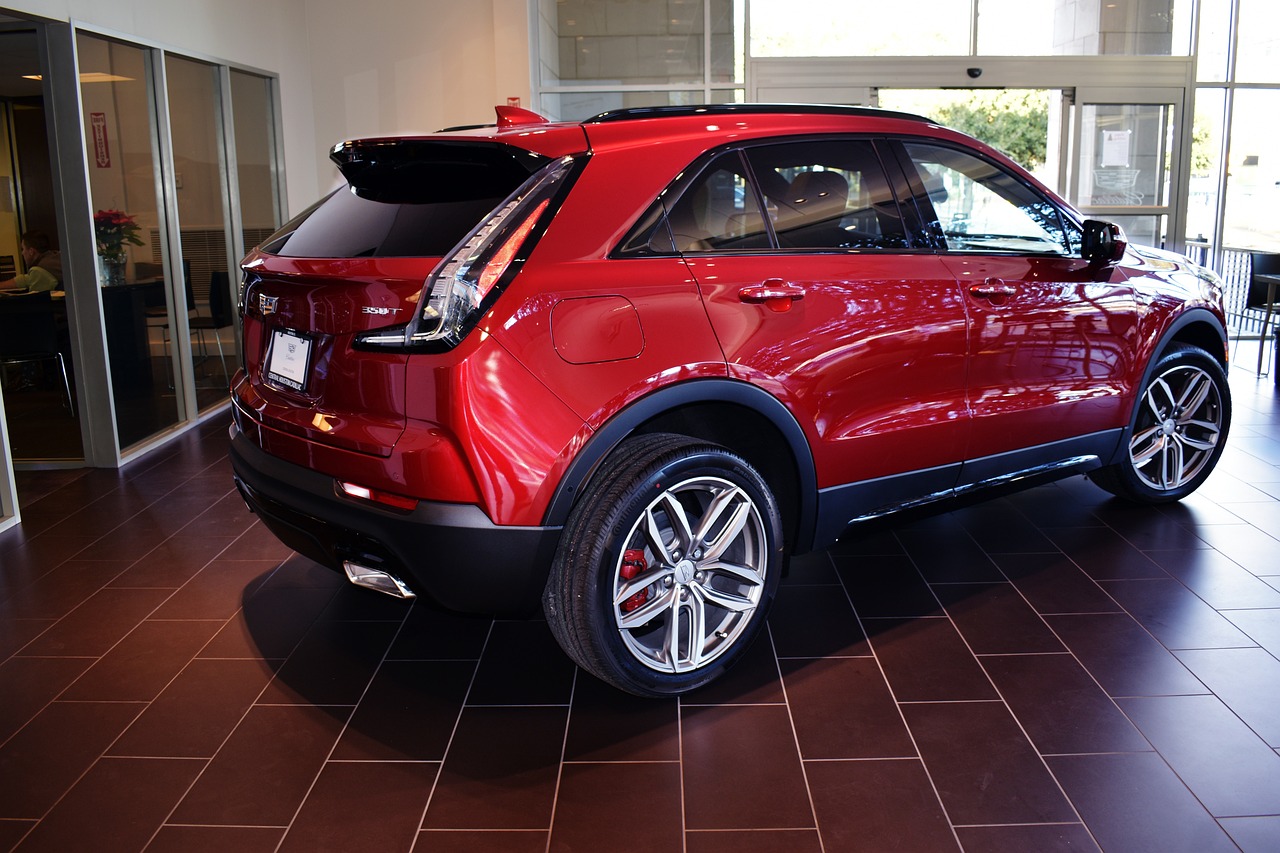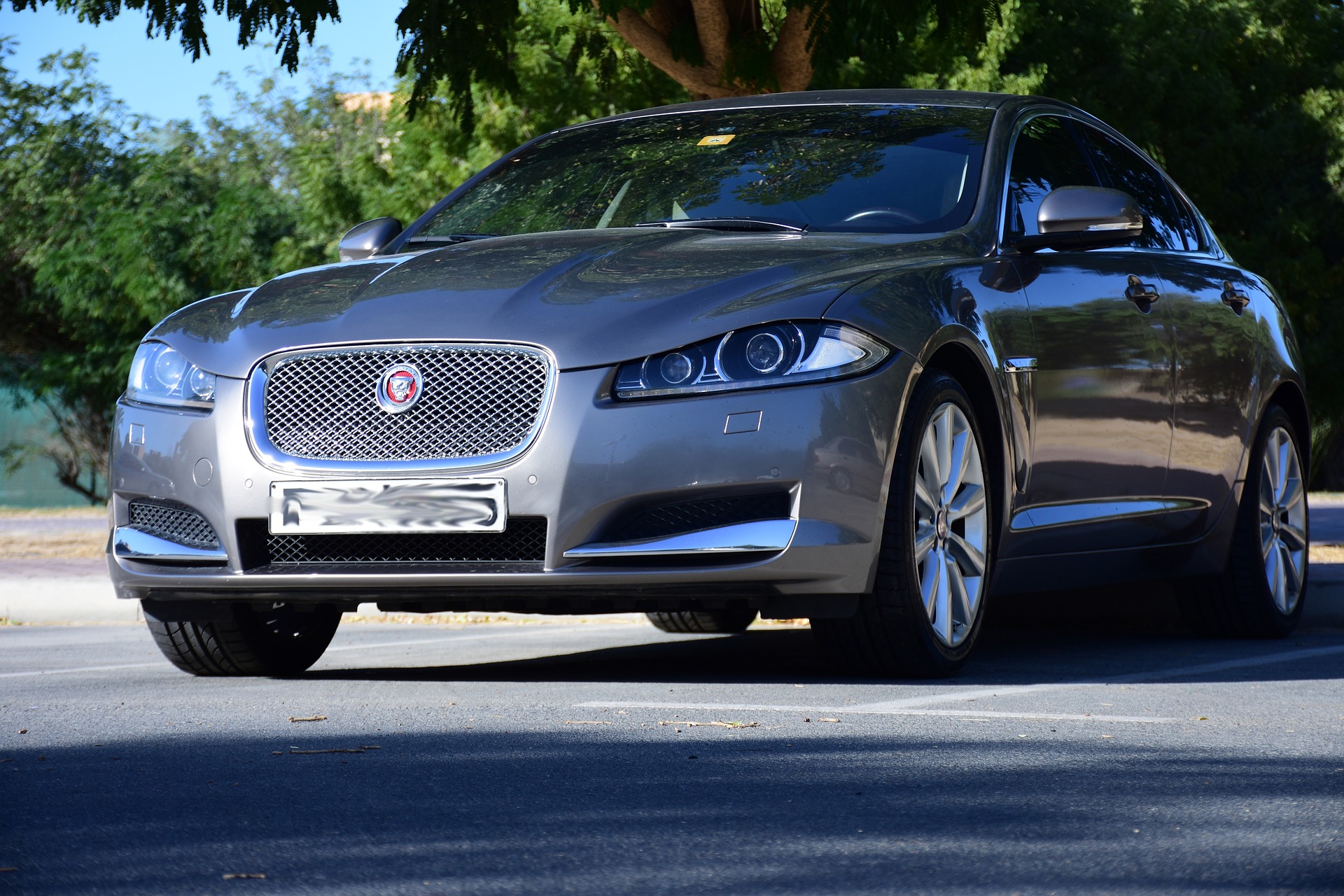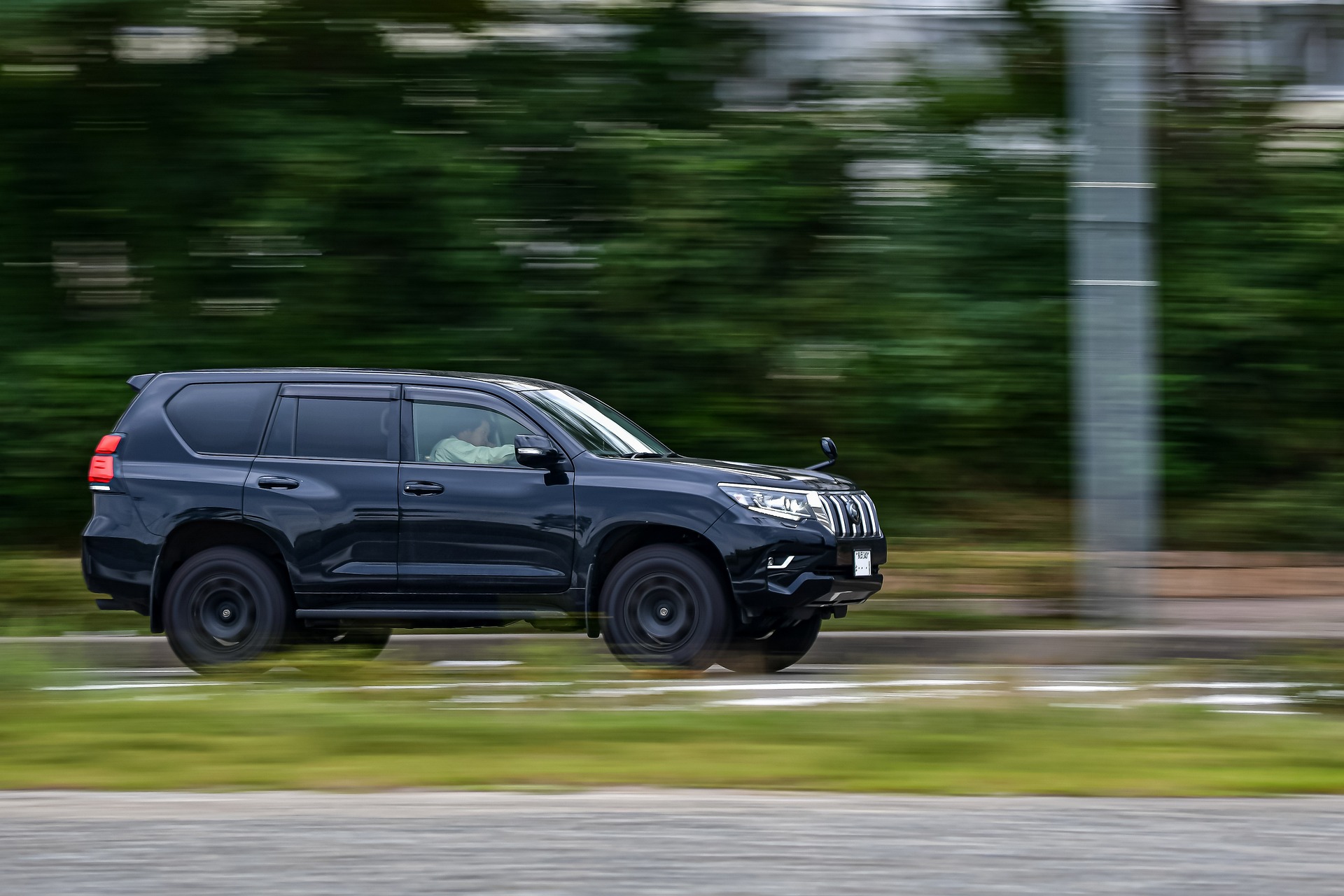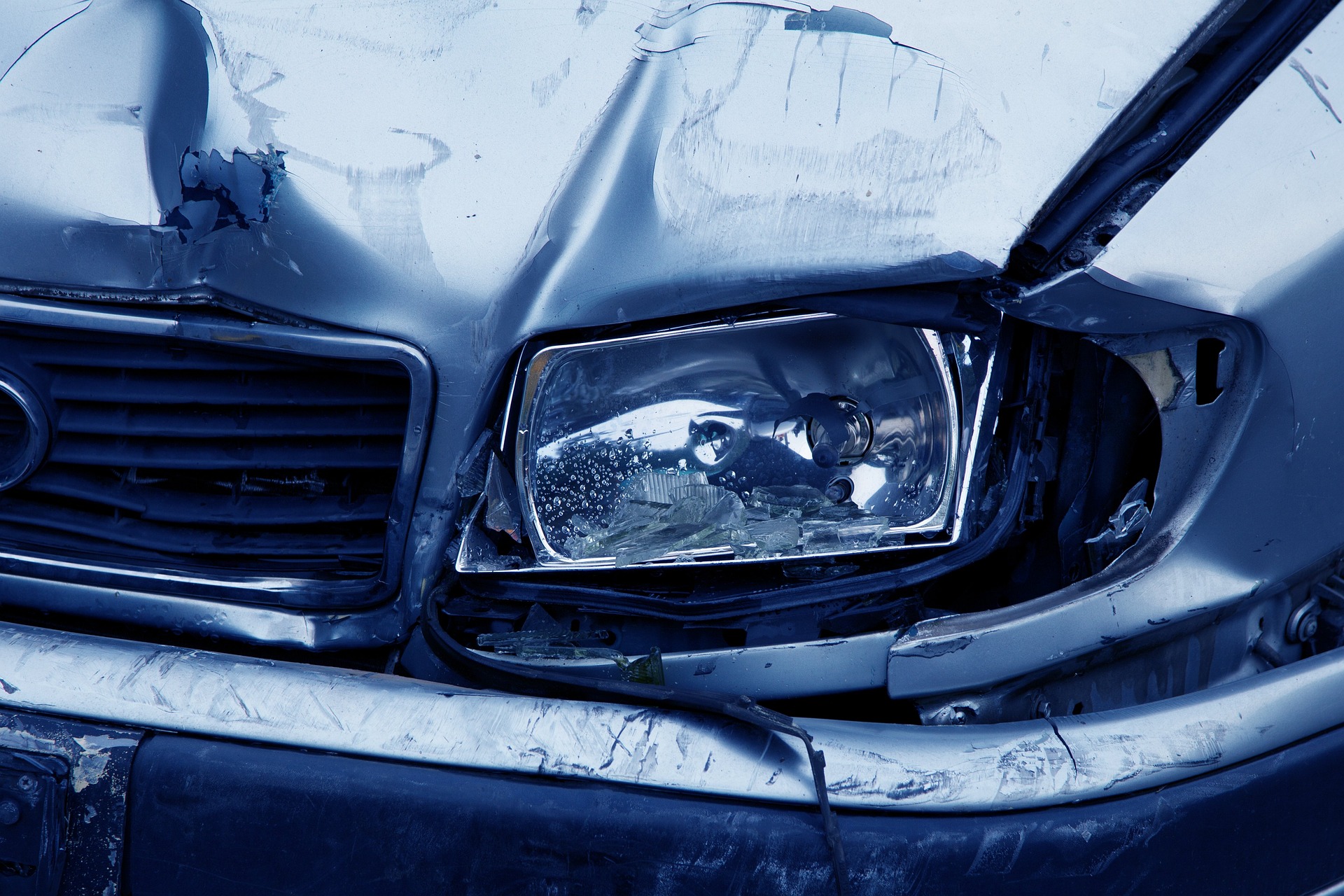We found the following complaints for HARLEY-DAVIDSON FLHRC (2010)
Read complaints for HARLEY-DAVIDSON FLHRC (2010)
10/27/09, driving 2010 harley davidson 110 screaming eagle (flhtcuse5), at approx 20 mph.engaged clutch to stop and it had no effect, bike continued under power.unable to shift gears, slammed on breaks and bike stalled, in traffic.upon restarting, unable to shift gears, unable to control vehicle forward motion, had to turn vehicle off at intersections to return 1 ' 2 miles home.dealership had no idea what could cause.simple internet search found common problem with hd 110 screaming eagle hydraulicclutch.bleeding air bubbles from clutch seems to remedy, but an excessively longer process to accomplish result is required,much more than usual or hd technicians are trained for. Common problem, very dangerous, no known service bulletins. Vehicle model type not available on this site:modelflhtcuse5.
Abs rear brake failure. My rear brake pedal became hard to press and resulted in absolutely no rear brake. Almost resulted in a serious accident at highway speed. There is now a recall to flush the system with new brake fluid to supposedly solve the problem. No vehicle with abs should just fail without at least reverting to standard braking. The abs light is basically useless. There is no way to know how many lives this issue may have claimed or will do so in the future. Obviously this is a very dangerous and poorly designed abs system. A dealership reported that they were not familiar with this issue. I find this hard to believe, considering the recall involves over 200,000 harley davidson motorcycles with abs! there almost is certainly a problem with the abs module, the controller or both! no, i did not change the fluid every two years. I bought the motorcycle used and did not receive the manual. However, to blame the owner for this is irresponsible on the moco's part as well. Why doesn't the machine revert to standard braking rather than no brakes period? brake fluid should bypass that module. There is little doubt, i will probably be stuck with at least the cost of a new abs module. Is this brake fluid flush what the nhtsa refers to as a free and safe solution to a very serious issue? even if the brake fluid is flushed every two years, what will prevent a no brake situation if a module or controller fails? both harley davidson and the nhtsa (two organizations i used to respect) should be ashamed of this ridiculous 'solution' to a potentially life threatening issue. Unlike, hd i cannot in good conscience sell the vehicle even after the expensive repairs that will most like be recommended along with the free fluid flush knowing that i might sell a death machine. Apparently, hd and the nhtsa feel differently. Still, i am very interested in your response.
The contact owns a 2010 harley-davidson road king classic flhrc. On february 14, 2018, the contact received a recall notification for nhtsa campaign number: 18v076000 (service brakes, hydraulic). The contact experienced a failure with the anti-lock braking system (abs). The manufacturer stated that they could replace the fluid, however, they could not repair the abs. The dealer was not contacted. The vehicle was not repaired. The failure mileage was approximately 12,000.
Rear brake failure without warning due to abs module failure.harley states that not replacing the brake fluid every two years is the root cause, the fluid on my cycle has been changed out in roughly that interval in my garage.if failure is due to hygroscopic fluid then a simple 2year interval may not be sufficient to capture instances where the fluid comes into more water than normal - for instance i commute in the rain and live in a humid environment.chief concern is that the brake module fails in state where the brakes don't function versus only the abs not functioning as would be typical failure mode, no notice was provided that high moisture climate can lead to unexpected brake failure.failure occurred during daily commute in houston, tx. Front brakes continued functioning normally while the rear brake was non-functional.
Read more











